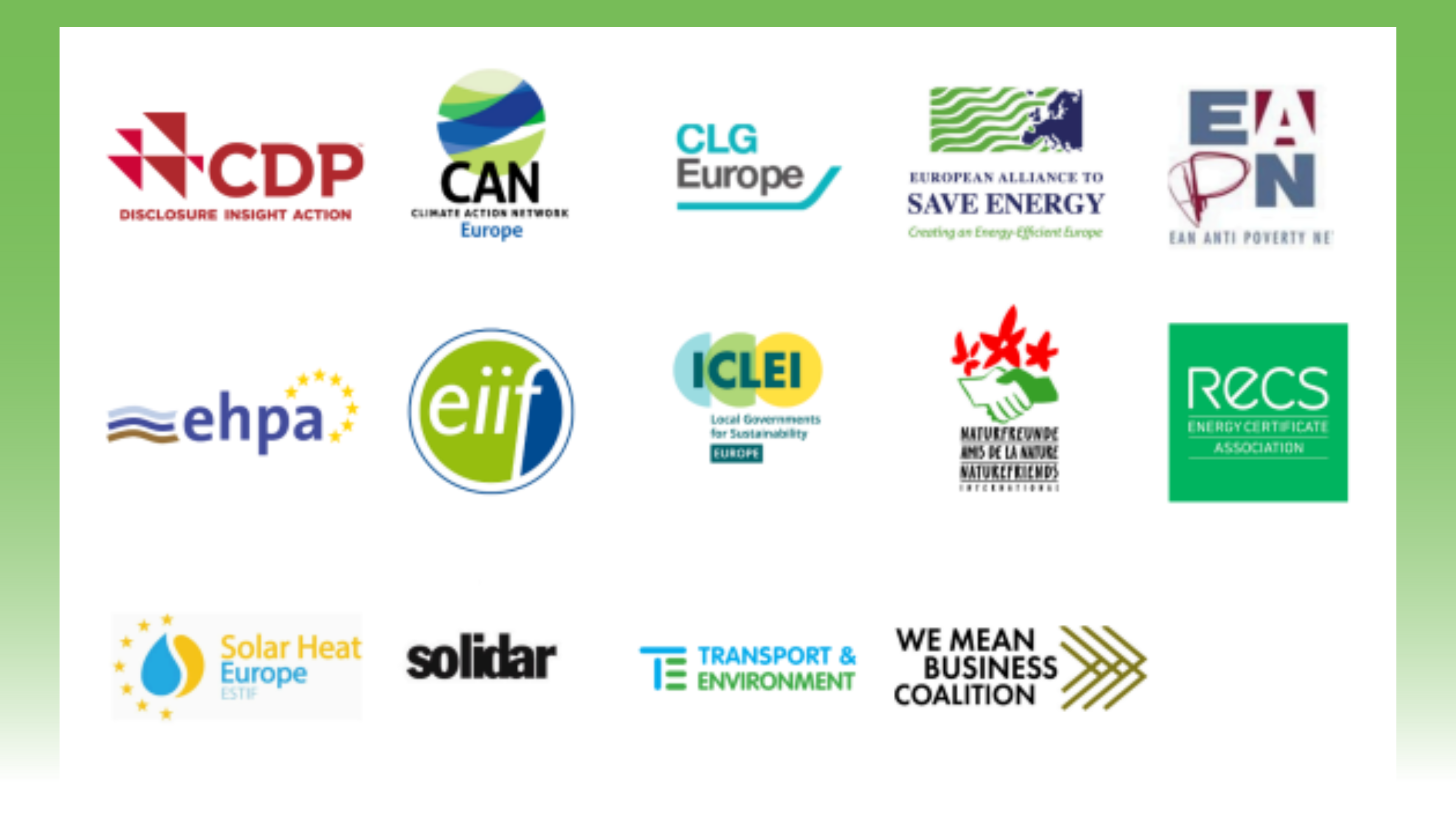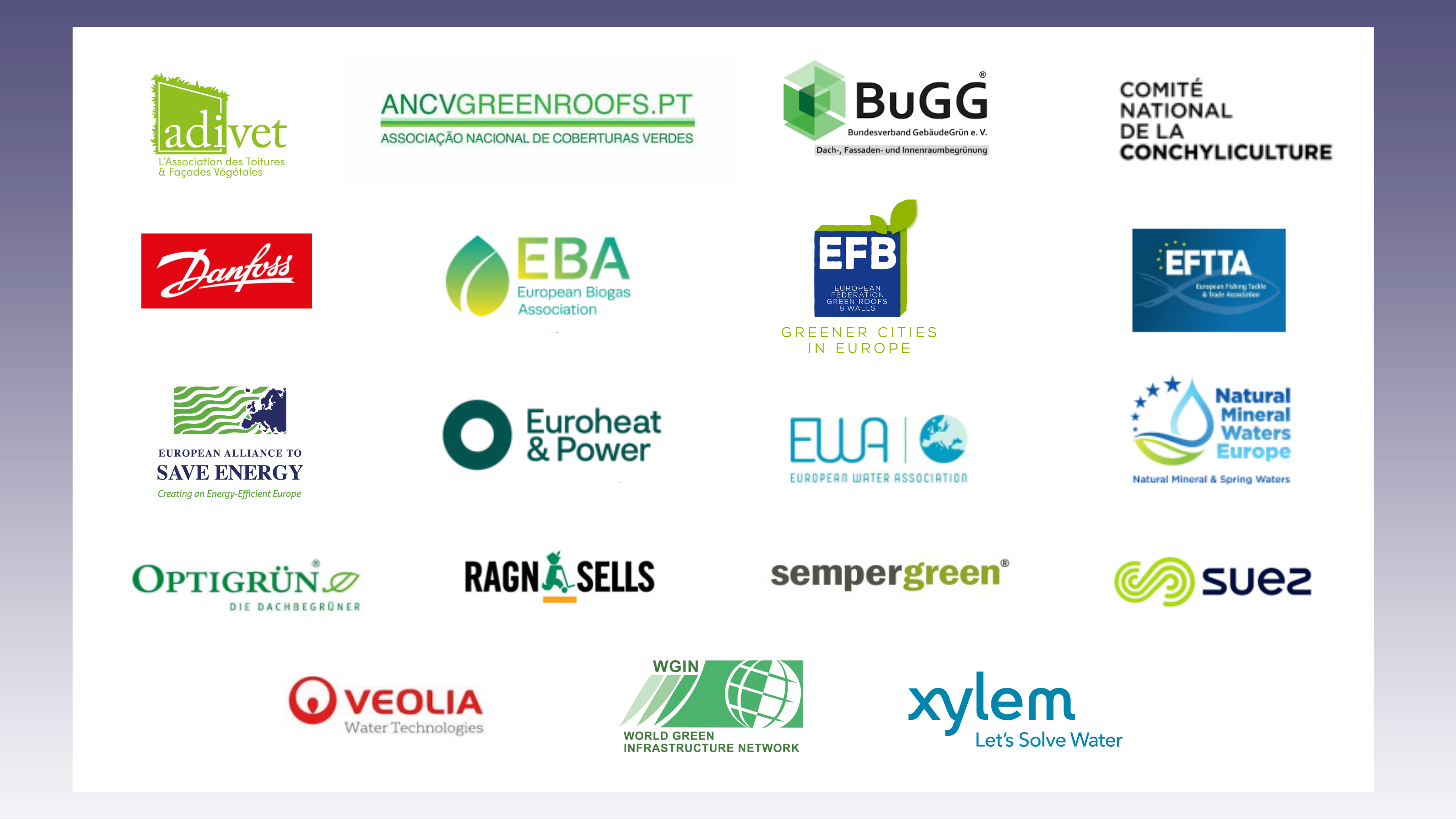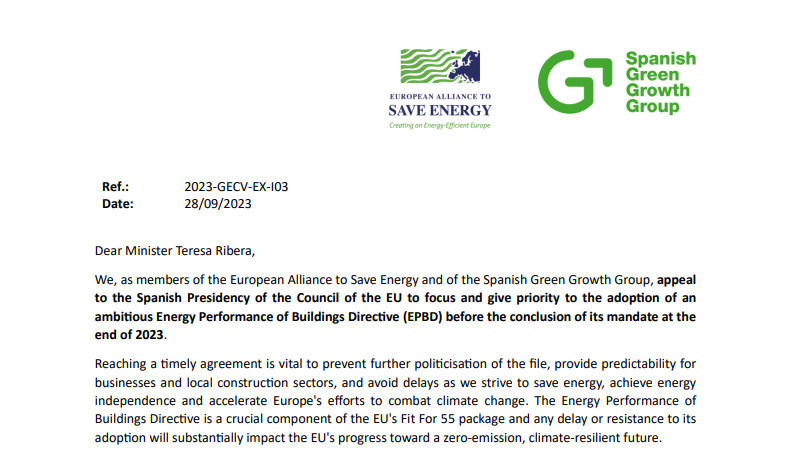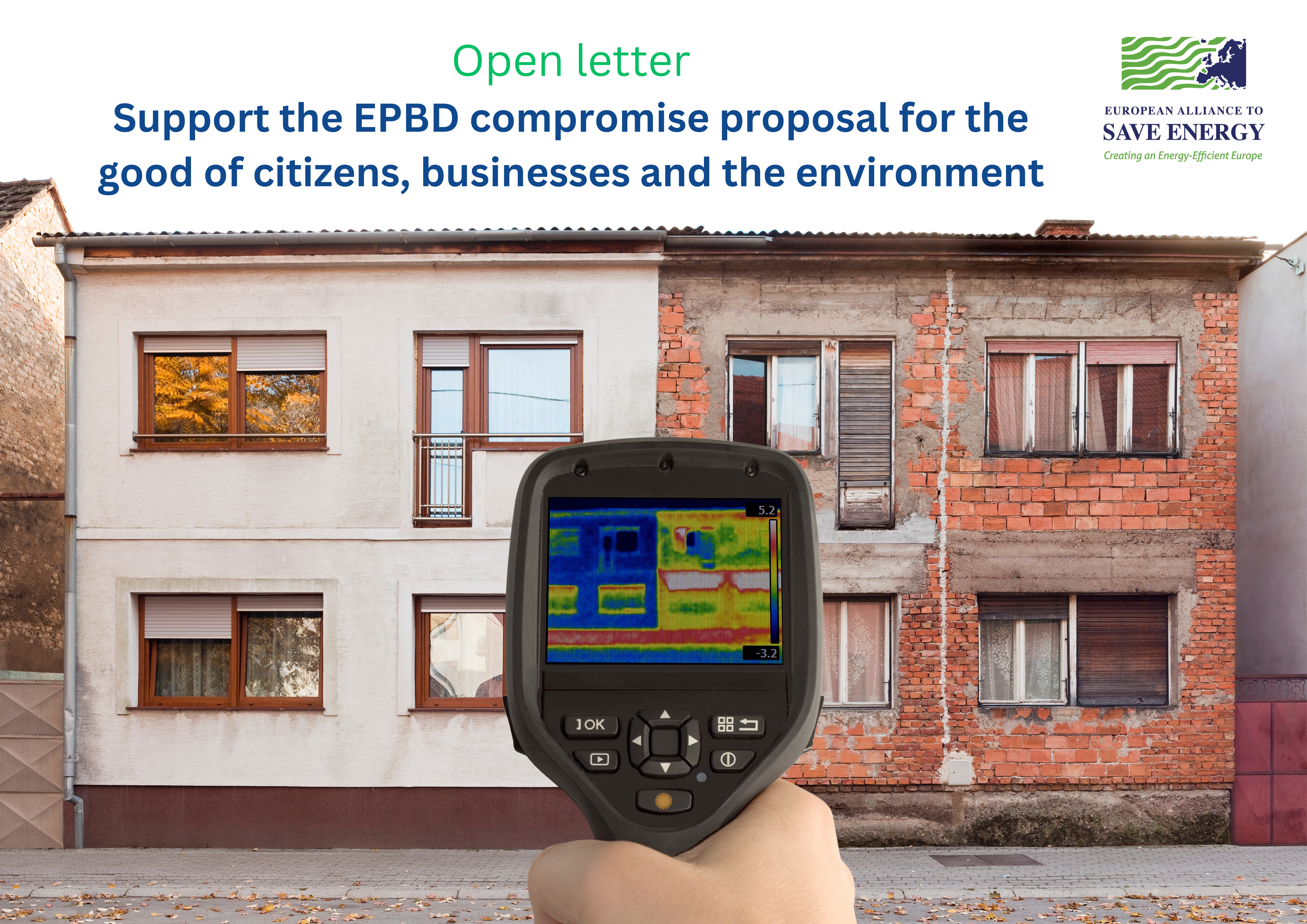Joint Letter on Water Resilience Initiative

The European Alliance to Save Energy (EU-ASE), part of a broad coalition of European organisations, calls on the European Commission to deliver the Water Resilience Initiative as soon as possible as a first step towards an ambitious water strategy for Europe.
March 11, Brussels – Today, a diverse coalition of European organisations has joined forces to call upon the European Commission to deliver the Water Resilience Initiative as soon as possible, marking a crucial first step towards an ambitious water strategy for Europe.
In an open letter addressed to the European Commission, the coalition emphasises the indispensable need for a water-resilient Europe in light of the escalating pressures on the continent’s freshwater resources, intensified by the impacts of climate change. The coalition stresses that water stands at the centre of the economic, societal, and environmental sustainability of Europe. As such, the Water Resilience Initiative is seen as imperative to provide European socio-economic actors with a competitive edge, while ensuring the availability of water resources of the highest quality at the right time.
Over the past five years, European institutions have diligently updated the European water acquis to confront emerging challenges head-on. A consensus has emerged among European Member States and institutions, highlighting the urgent need for a cohesive and comprehensive water strategy. Notably, resolutions from the European Council in 2021 and 2023 underscored the strategic significance of water and the imperative for decisive action. Bold commitments on water were submitted to the UN 2023 Water Conference, demonstrating Europe’s dedication to global leadership in water management.
These cannot be delivered without the Water Resilience Initiative that was announced in the State of the Union speech in September 2023. With Europe positioned to lead by example, the coalition urges the European Commission to stick to its commitment and swiftly deliver the Water Resilience Initiative, making water a top priority for the next mandate of the European Commission.
In a fast-changing political and economic environment, 2025 was a year of continued efforts to strengthen security, stability, and competitiveness for European businesses.
Throughout the year, our work demonstrated that energy efficiency is not only essential to achieving climate goals, but also a key driver of innovation, energy independence and sustainable long-term growth across Europe.
Strong engagement with policymakers, combined with the successful organisation of the 4th European Energy Efficiency Day, highlighted the importance of collaboration and dialogue in advancing shared objectives. Partnerships across sectors and institutions remained central to delivering impact and shaping effective energy policies.
Looking ahead to 2026, we will intensify our efforts to secure the regulatory certainty that can accelerate the energy transition, while providing businesses with the investment confidence they need and strengthening Europe’s competitiveness.
Read the full Activity Report here.





